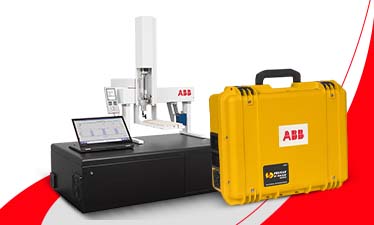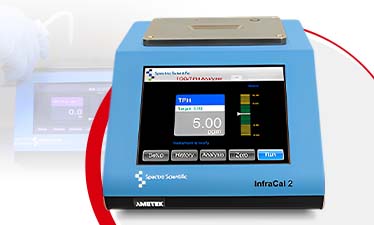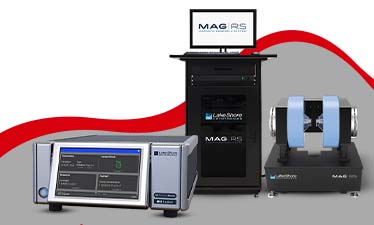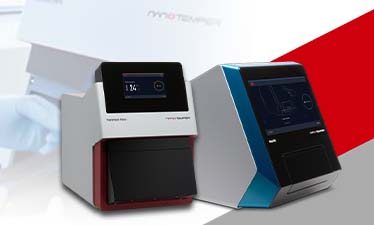The Significance of Conducting Polymer Analysis
Polymers are used in an extensive range of industries that comprises engineering, construction and for several commercial products manufacturing. They are ubiquitous materials in our day-to-day life.
Its application can be greatly diverse as the polymeric materials are used in all sorts of things such as pharmaceuticals, medical devices, food and beverage packaging, personal care products, cosmetics and more. They consist of redundant chains of molecular bonds that are typically organic but in some cases their composition may also be inorganic.
Through the use of polymer analysis, industries can explore critical parameters for example, structure, molecular weight (MW), thermal characteristics, morphology of polymeric materials and work on them to enhance the overall performance for particular downstream applications.
Continue to read till the end to learn more about polymer analysis and its significance.
The Basics of Polymer Analysis
Polymer analysis is a vastly holistic procedure in comparison to other quality control and assurance processes for raw materials. Commonly, polymeric materials are composed of many monomers that are bound together through a series of covalent bonds with the support of interlinked carbon atoms.
The number of monomers connected together in a chain can spread into the hundreds of thousands. Contributing to this complexity further is the fact that the polymerization reactions underlying are used to synthetically produce plastics and polymers are a widely diverse range of materials.
Also, there are several parameters that are required to be considered before conducting the polymer analysis process. Some of the key criteria that are included in this process are –
· Additive quantitation
· Absolute/relative MW
· Antioxidant analysis
· Crosslink density
· Copolymer analysis
· Pigment concentration
· Percent of filler
· Residual monomer concentration
Polymer Analysis and Deformulation
Polymer analysis plays a vital role in the aspect of product deformulation and failure analysis. It is a standard component that contributes to this. Gel permeation chromatography and mass spectrometry are two techniques that are extensively used for evaluation of composition, and for both primary and residual concentration of monomers in a final product.
The importance of polymer analysis cannot be ignored as it is used for research and development, quality control and failure analysis in a broad range of commercial and industrial applications. Products that are manufactured ranging from biodegradable plastic bags to carbon-reinforced-polymer car parts relies on this process to make sure that the material used can endure application-specific impact, conditions and stresses.
Polymer Analysis for Polymerization
Polymerization is the process with the help of which strong interlinking polymer chains are produced through covalent bonding. It happens when small molecule monomers share and merge to form electrons.
In quality control procedures, polymerization is typically led by polymer analysis of the raw materials. Hence, polymer analysis may help in revealing any faults, vulnerabilities or deformations in the material which then can be improved via additional hardening or curing stages.
In conclusion, it can be rightly said that this process plays a big part in several applications across different industries. We at BCL offer a wide range of polymer analysis equipment that help experts in exploring the several crucial parameters and meet the demands of a diverse variety of instruments.








